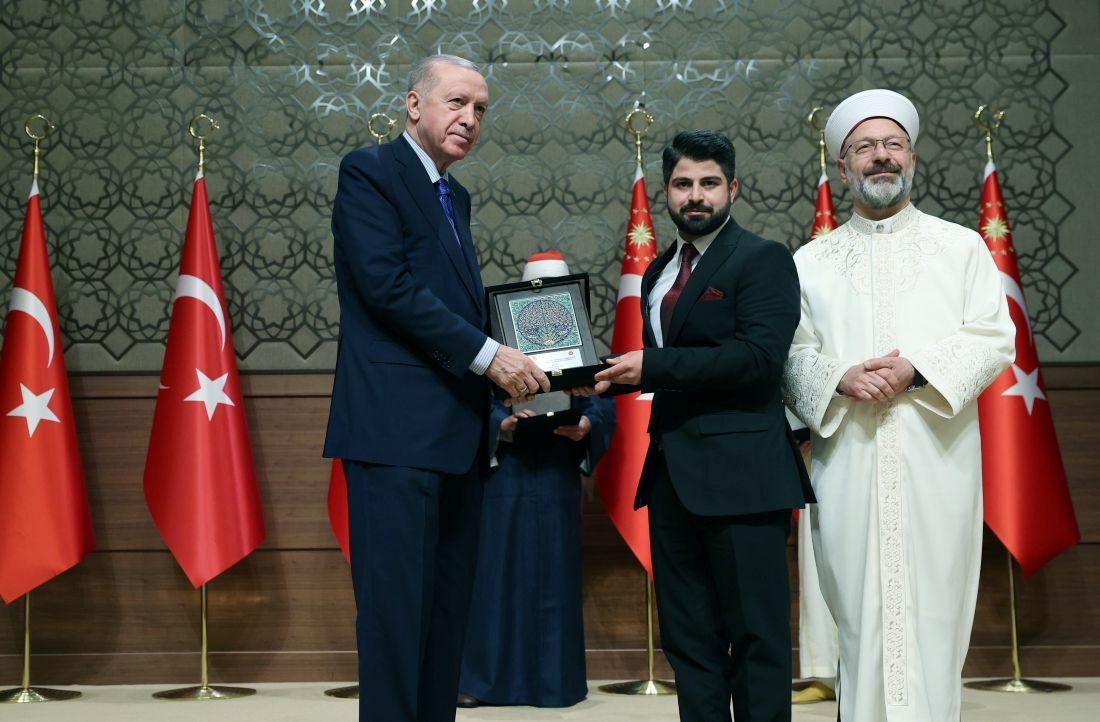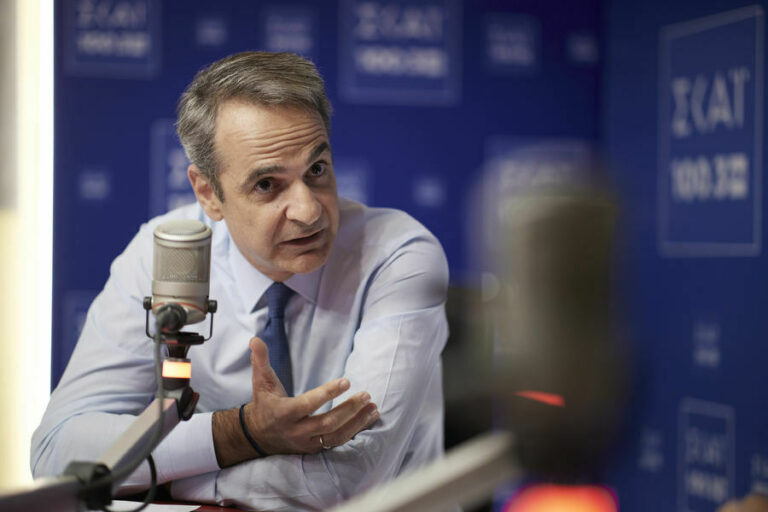
ENGLISH SECTION
02/05/2025 | 16:52
Cyprus Should Demand Reparations from Turkey
By Michael Rubin for Hellas Journal
Half the battle in diplomacy is to define the debate.
Consider Cyprus: Turkey’s invasion of the island after the Greek Junta’s collapse was illegal. Turkey ethnically cleansed more than one-third the island, destroyed churches and looted the property of Greek Cypriots forced from their houses at gunpoint. Almost immediately, Turkey forgot its supposed protection of Cypriot Muslims and began transferring Turkish settlers onto the island, compounding the last grab.
Greece shed its junta within days of Turkey’s establishment of a beachhead in Cyprus and embraced democracy; today, Turkish President Recep Tayyip Erdoğan far exceeds the worst abuses of the Greek junta of more than 50 years ago.
Despite these facts, the United Nations treats the Republic of Cyprus and the occupied zone with moral equivalence. The State Department, meanwhile, not only refuses to call the presence of the Turkish Army on Cyprus as an occupation, but it legitimizes the island’s Vichy regime. How else can American diplomats explain why they issued visas for Ersin Tatar, the political leader of the occupied zone, at least twice on a Turkish rather than Cypriot passport?
Still others argue the Republic of Cyprus is intransigent because Greek Cypriots rejected the 2004 Annan Plan in a referendum. The rejection demonstrated foresight both because any peace agreement that normalizes Turkish occupation rewards aggression and because UN Secretary General Kofi Annan’s plan included no enforcement mechanism should Turkey not abide by its commitment.
UN Secretary General Kofi Annan’s efforts may have been well-meaning, but they were as naïve as the 1928 Kellogg-Briand Pact, negotiated by Secretary of State Frank B. Kellogg and his French counterpart Aristide Briand to outlaw war. Empty promises and lack of enforcement did not stop the outbreak of World War II just over a decade later because Kellogg and Briand forgot something Tassos Papadopoulos later understood:
- No agreement can overcome the insincerity of enemies who view plans, papers, and treaties as an asymmetric warfare strategy to distract or reassure their opponents while the aggressors prepared the knock-out blow.
While every Greek and Cypriot knows the history of the invasion and occupation, few other Europeans let alone Americans do. For Americans, history begins every four or eight years, and the past is easily forgotten. That Americans do not understand history is not simply the fault of Americans’ general historical ignorance; it is just as much a result of Greek and Cypriot diplomats’ failure to define the debate.
Defining the Cyprus debate in Washington is important for another reason: Across administrations, American diplomats understand disputes through the lens of diplomacy through the lens of grievance rather than ideology. This leads American mediators to believe both that a magic formula of concessions exists that can resolve conflict and to attempt to split differences down the middle.
- There is no moral or legal equivalence between Turkey and Cyprus. The Cypriot government is right and Turkey is wrong. Talks or mediation on the European Union’s, United Nations’, or United States’ terms, however, too often subsumes the bigger picture and betrays Cypriot sovereignty and rights for the illusion of conflict resolution.
As Erdoğan prepares to visit the Turkish-occupied zone, the Cypriot government, its European allies, and the State Department should again prioritize discussion of reparations for Greek Cypriots, their Cypriot Muslim neighbors who are also victims of Turkish occupation, and the broader Cypriot state. Diplomats and jurists have previously discussed reparations.
In the 1996 European Court of Human Rights case Loizidou vs. Turkey, the court ruled that those ethnically cleansed by the invading Turkish army had a right to return their properties. The Court specified, however, that damages awarded were not reimbursement for the property, but rather compensation for lack of use.
While Turkey paid that individual claim, it was the last. Nine years later, in Xenides-Arestis vs. Turkey, the same court ordered Turkey to establish a mechanism to compensate hundreds of thousands of Greek Cypriots whom the Turkish invasion forced from home and land. In 2014, the Court ordered Turkey to pay 90 million euros in compensation for the 1974 invasion, at the time, its largest ever award, but the Erdoğan government rejected the verdict.
- Foreign Minister Ahmet Davutoğlu said the verdict would “neither be binding nor carry any value.” By 2019, Turkey owed more than 150 million euros to various claimants because of court rewards; today, that amount approaches 186 million euros, or $211 million.
Turkey has no excuse to withhold payment of compensation to Cyprus; after all, the amount Ankara owes equals three upgraded F-16s. Absent willingness of Turkey to honor judgments against it, Cyprus should ask European Union allies to confiscate Turkish property, for example, Turkish Airlines passenger planes in service of Turkey’s unpaid debts.
The inevitable diplomatic conflict that will unleash will be a constant reminder for those who do not know the historical roots of the current conflict and reframe the debate not as one of moral equivalence, but rather of a country in the wrong evading its responsibility to a democratic neighbor.
Nor should Cypriot officials be satisfied with Turkey merely paying the debts of the past. Turkey’s baseless claims against Cyprus’ Exclusive Economic Zone and its harassment and threats against gas development in Cypriot waters arguably has cost Cyprus billions of dollars in investment and income, every euro of which should be the basis of a new claim against Ankara. Again, even Cyprus cannot claim its reparations until Turkey’s post-Erdoğan collapse, making such compensation the chief agenda item will keep Turkey on the defensive where it belongs.
Turkey has undertaken a strategy, aided by the United Nations and unfortunately the European Union, to allow time to launder its crimes in the name of realism. Neither Cyprus nor Greece should accept that game, and instead promote reparations to return the illegality of Turkish presence to the center of discussion.
If Cyprus wishes then to consider the future instead of remain focused on the past, as UN officials and European diplomats are sure to advise, then it is time to establish a Sovereign Wealth Fund into which Turkey can pay the money it owes.
* Michael Rubin is director of policy analysis at the Middle East Forum and a senior fellow at the American Enterprise Institute.









